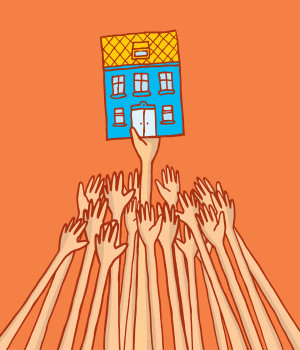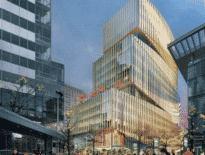Greater Boston rents may decline nearly 1 percent by the end of the year, a new report from Yardi Matrix has found.
The data provider’s quarterly multifamily report forecasts rent could decline by 0.8 percent in the Boston metro area, as it and other major tech hubs confront high rates of COVID-19 cases. In Boston, both luxury properties and those that cater to “renters-by-necessity” – workforce housing as well as properties aimed at workers with higher incomes but not enough wealth to buy a home – saw negative rent growth, with much greater declines in the latter.
Through April, the Greater Boston multifamily market had seen rents increase 0.7 percent overall, with occupancy at 96.1 percent in March, only slightly lower than the 96.3 percent occupancy rate the year before.
Major multifamily landlord Equity Residential said last week that Greater Boston rents declined 2.6 percent in the first quarter and 4.3 percent in the month of April on a same-store basis across its over 6,000 rental units, both of which represent the biggest drops in the company’s nine U.S. markets.
Of the top 30 markets in the report, 27 saw rents decline on a month-over-month basis.
“Declining rents will likely continue throughout 2020 as the shift to the new normal continues,” the report said.
While April saw nearly all apartment-dwellers nationwide and in Greater Boston make their rent payments, May rent collection as of Friday stood at only 80 percent. The multifamily housing industry in Massachusetts and nation-wide has begun to call for federal or state assistance for renters.
While the immediate outlook for the sector shows declining rents, local real estate experts say the high demand for housing in Massachusetts could make it an attractive outlet for investors.







